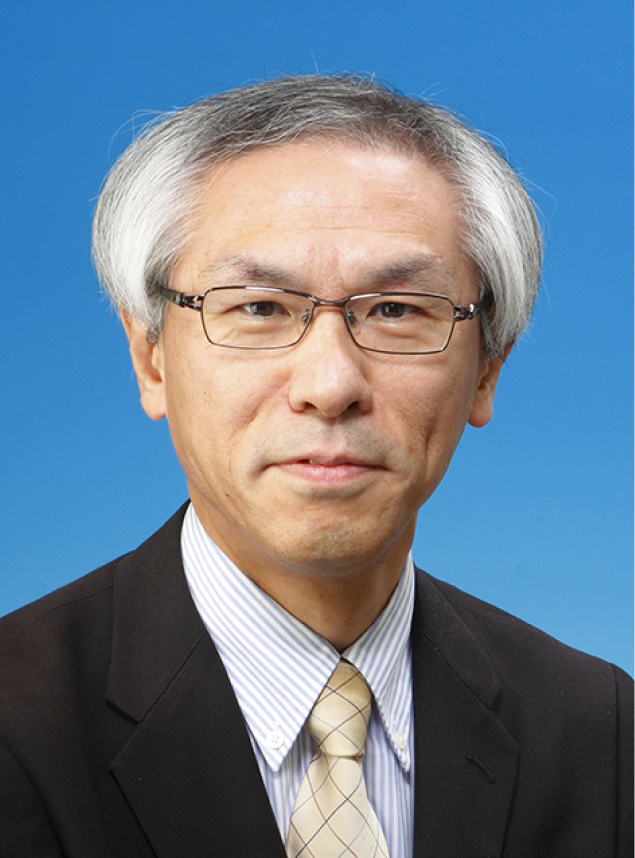
About Inter-University Exchange Project (Re-Inventing Japan Project)
The Inter-University Exchange Project (Re-Inventing Japan Project) was launched in FY2011 by the Ministry of Education, Culture, Sports, Science and Technology (MEXT) with the aim of supporting international education collaboration initiatives with universities in applicable countries and regions. The project gives Japanese students a chance to study abroad and brings in foreign students in a strategic manner, with the aim of developing global human resources who can flourish internationally and strengthening global development capabilities of university education, while ensuring the quality of higher education. The TCU proposal was selected as part of the “Inter-University Exchange Project (Re-Inventing Japan Project): Support for Creation of Inter-University Exchanges in the Indo-Pacific Region.”
Project Title
Human Resource Development Program Contributing to the Realization of a Carbon Neutral Society at Asia Pacific International Campus
Key Project Content
(1) Joint Degree (JD) Program between TCU and Edith Cowan University (ECU)
- The International Collaborative Program of Transdisciplinary Sciences for Sustainability was established for the master’s program of the Graduate School of Environmental Information Studies.
- In June 2023, the notification of establishment submitted was accepted by the MEXT.
- In September 2023, the project was approved by TEQSA in Australia (Course Code H 22: Master of Environmental Studies).
- The Joint Degree (JD) curriculum, which includes PBL and voluntary student initiatives, has been organized under the theme of “carbon neutrality.”
- JD is a combined in-person and online program, with three other AOFUA universities participating online.
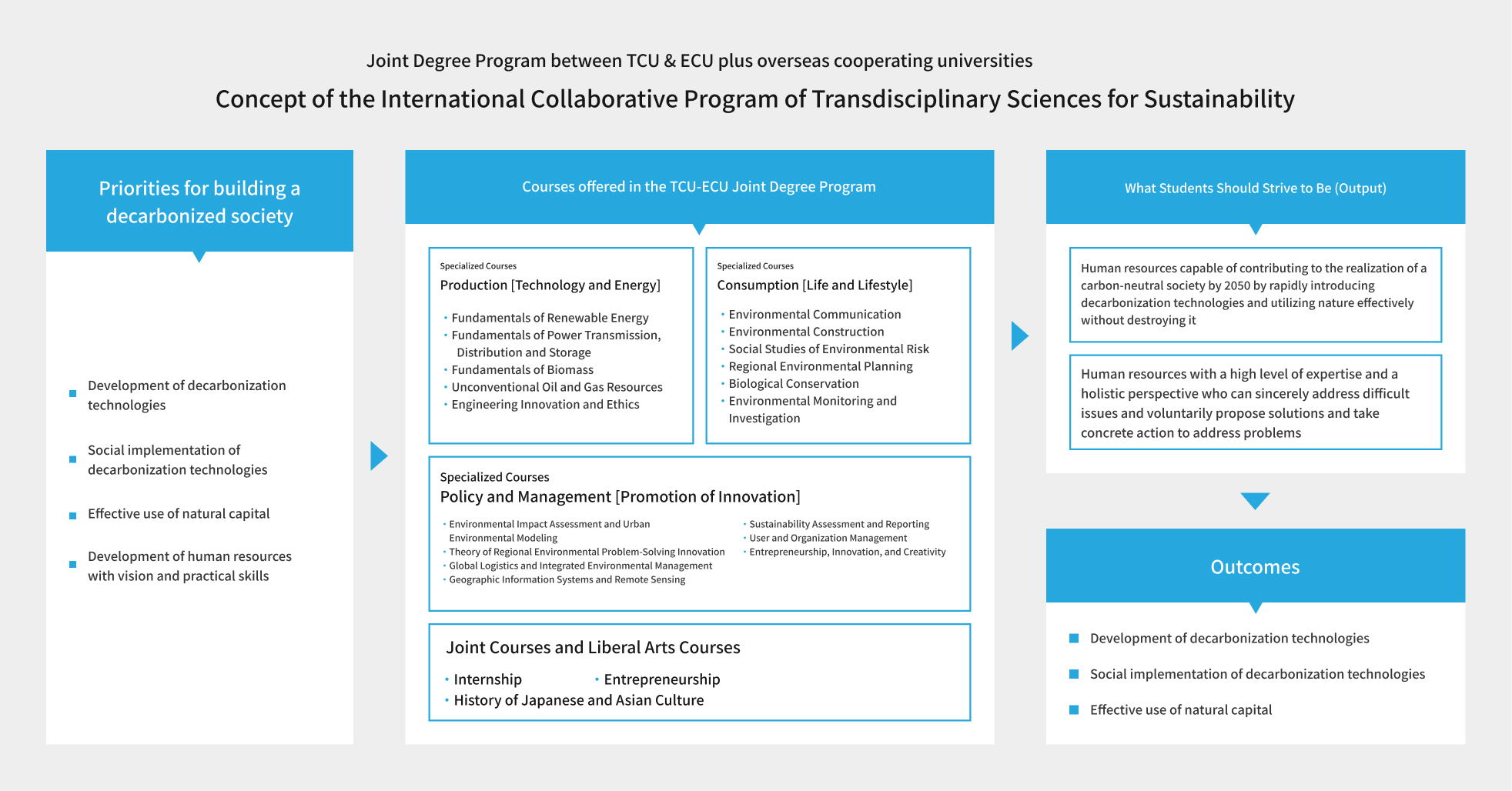

(2) Creation of the Asia-Pacific International Campus
- The five universities under the framework of the Asia Oceania Five Universities Alliance, which is to be utilized for the project, are located within a two-hour time difference.
- This suggests that the use of online international education platforms such as JV-Campus is effective and has the potential to completely transform the traditional form of education in which students attend lectures in a classroom.
- The JD Human Resource Development Program brings together multinational students to provide a global education by having TCU students study at ECU, ECU students study at TCU, and AOFUA students from Southeast Asian countries study at TCU and ECU for one semester each as non-degree students.
- The program has been off to a smooth start thanks to the combination of online and virtual education from the time of admission, providing education more effectively than the conventional JD.
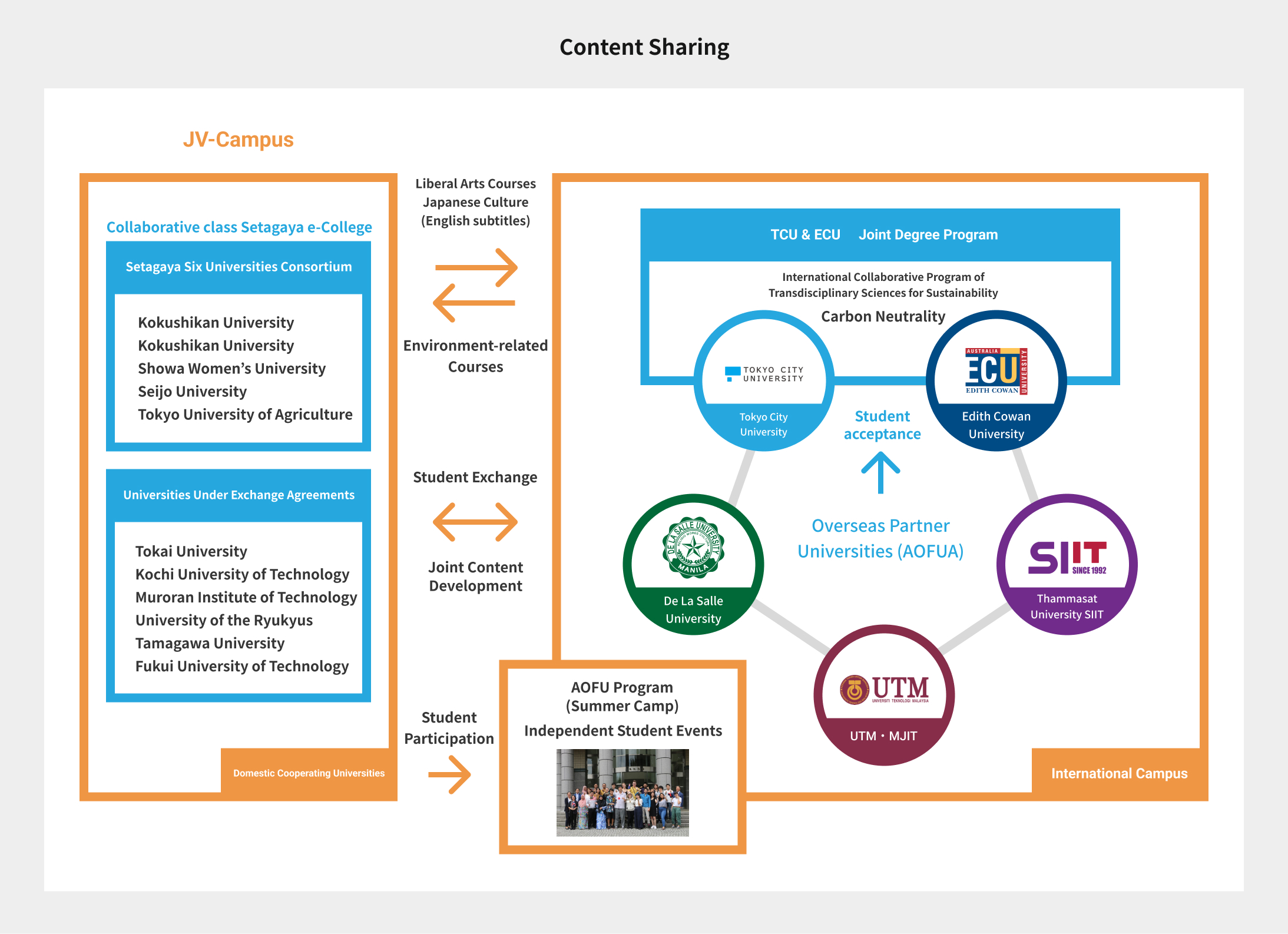
(3) Collaboration with domestic cooperating universities
- The Setagaya Six Universities Consortium, consisting of Kokushikan University, Komazawa University, Showa Women’s University, Seijo University, Tokyo University of Agriculture, and TCU, is conducting exchange lectures, research partnerships, and regional exchanges that include Setagaya Ward.
- In addition, TCU has concluded inter-university exchange agreements with Tokai University, Kochi University of Technology, University of the Ryukyus, Muroran Institute of Technology, Tamagawa University, Fukui University of Technology, and educational and research exchange programs are being held between these universities.
- JV-Campus will be used to share the content of the Program with these universities (domestic cooperating universities).
- In addition, TCU will create content for liberal arts courses including courses on Japanese culture, and it will publish and provide the content to AOFUA member universities via JV-Campus.
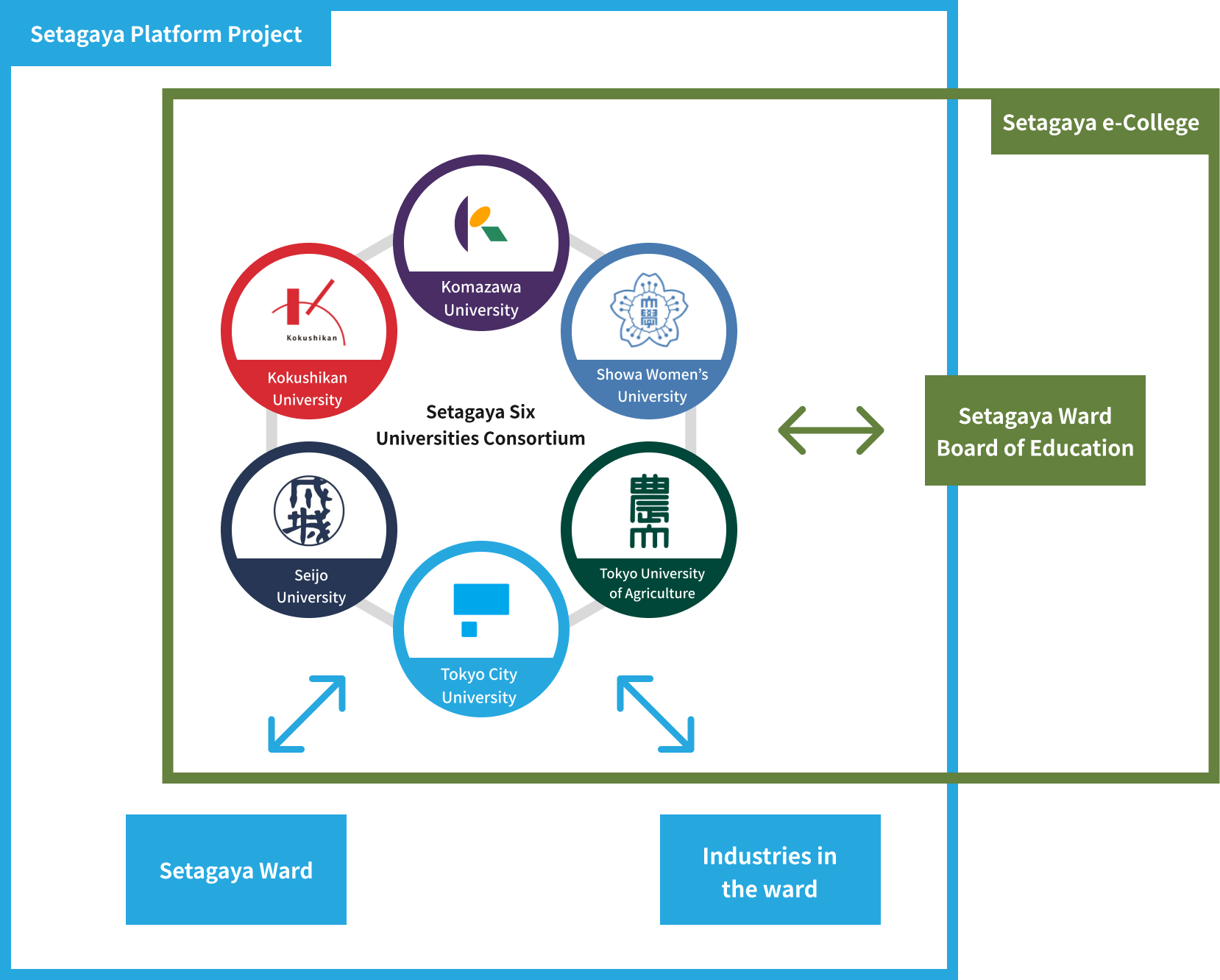
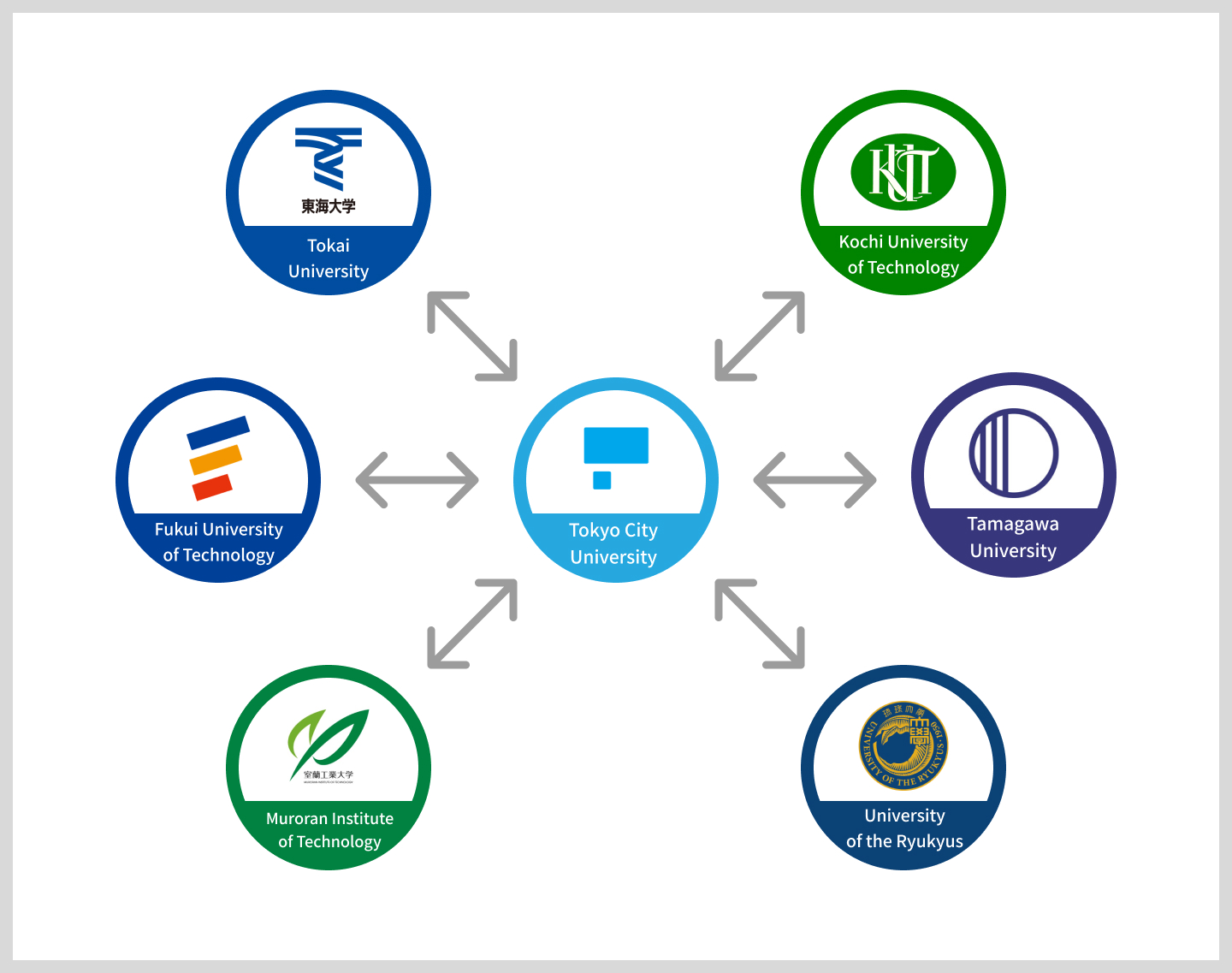
What TCU Students Should Strive to Be
Our role and mission is to lead the world toward sustainable development by gaining a deep understanding of the sanctity of human life and ecosystems, using a broad international perspective and advanced expertise, discovering problems, and acting with strong conviction to solve them. In order to achieve this mission, the International Collaborative Program of Transdisciplinary Sciences for Sustainability aims to develop human resources with the knowledge, abilities, and cultural refinement described below by providing an education that encompasses three areas—“production” technology based on energy and engineering perspectives (SDG 7), “consumption” behavior based on risk and sociological perspectives (SDG 12), and “politics and management” based on innovation and socioeconomic perspectives (SDG 9)—as well as a group of jointly offered courses that organically link these areas (SDG 4).
A Message from the Project Manager
Akira Taguchi, Project Manager and Vice President (Education)
TCU has been selected for the FY2022 Inter-University Exchange Project (Re-Inventing Japan Project). As the scale of student exchange programs expand worldwide, the Ministry of Education, Culture, Sports, Science and Technology launched the Inter-University Exchange Project (Re-Inventing Japan Project) in FY2011 and continues to manage it with the aim of promoting collaboration and student exchange with universities in countries and regions that are important to our country, fostering global human resources who can flourish internationally, and strengthening the global expansion capabilities of university education. In FY2022, the project was promoted as a program to provide support to universities that implement exchange programs of assured quality between universities in Japan and in the UK, India, Australia, and other countries, in the form of the “Support for Creation of Inter-University Exchanges in the Indo-Pacific Region. ”TCU applied for the “Human Resource Development Program Contributing to the Realization of a Carbon Neutral Society at Asia Pacific International Campus (hereinafter the ‘Program’)” and was selected as a result of the screening process. A total of 30 applications were made, and 14 were selected. The Program is centered on the Joint Degree (JD) program for master’s degrees offered in partnership with Edith Cowan University (ECU) of Australia, with participation from De La Salle University, Thammasat University SIIT and Universiti Teknologi Malaysia MJIIT, which are members of the Asia Oceania Five Universities Alliance (AOFUA). The Program consists of three main pillars. 1. An international collaboration major will be newly established for the Graduate School of Environmental Information Studies, and a JD program will be established between TCU and ECU with the aim of fostering human resources who can contribute to the realization of a carbon-neutral society. 2. An Asia-Pacific International Campus will be established by five AOFUA member universities located within a two-hour time difference. 3. TCU will call on the member universities of the Setagaya Six Universities Consortium and the partner universities in Japan (domestic cooperating universities) with which TCU has a comprehensive agreement to participate in the Program’s events, and will jointly create and share Japanese language and culture courses (content) using JV-Campus with them, and disseminate the content domestically and internationally. The JD program between ECU and TCU is unique. During the two years of the master’s program (four semesters in total), TCU students will spend one semester at ECU, and ECU students will spend one semester at Yokohama campus, which means students from both universities will study together on the same campus for one year in total. This may be the most effective means to cultivate internationally-minded people. At the same time, students from three AOFUA member universities will, in principle, participate in the Program as non-degree students. We hope that many students will take full advantage of the exchange program and the credit transfer system. A key tool in this regard is real-time education at the international campus within the two-hour time zone, which is conducted using online educational platforms. While placing an emphasis on the sharing and co-creation of educational content on JV-Campus, we would also like to contribute to the improvement of the international presence of the domestic cooperating universities. The Program also includes, for example, the AOFUA Summer Camp Program, which will enhance the simultaneous in-person and online (hybrid) implementation of summer camps, making it easier for students from domestic cooperating universities to participate. This will increase diversity and make education more attractive. Having been selected just six months ago, we are currently in the process of creating a steady path forward. The understanding, support, and guidance of everyone associated with TCU are indispensable to the implementation of the Program. Your cooperation is greatly appreciated.
